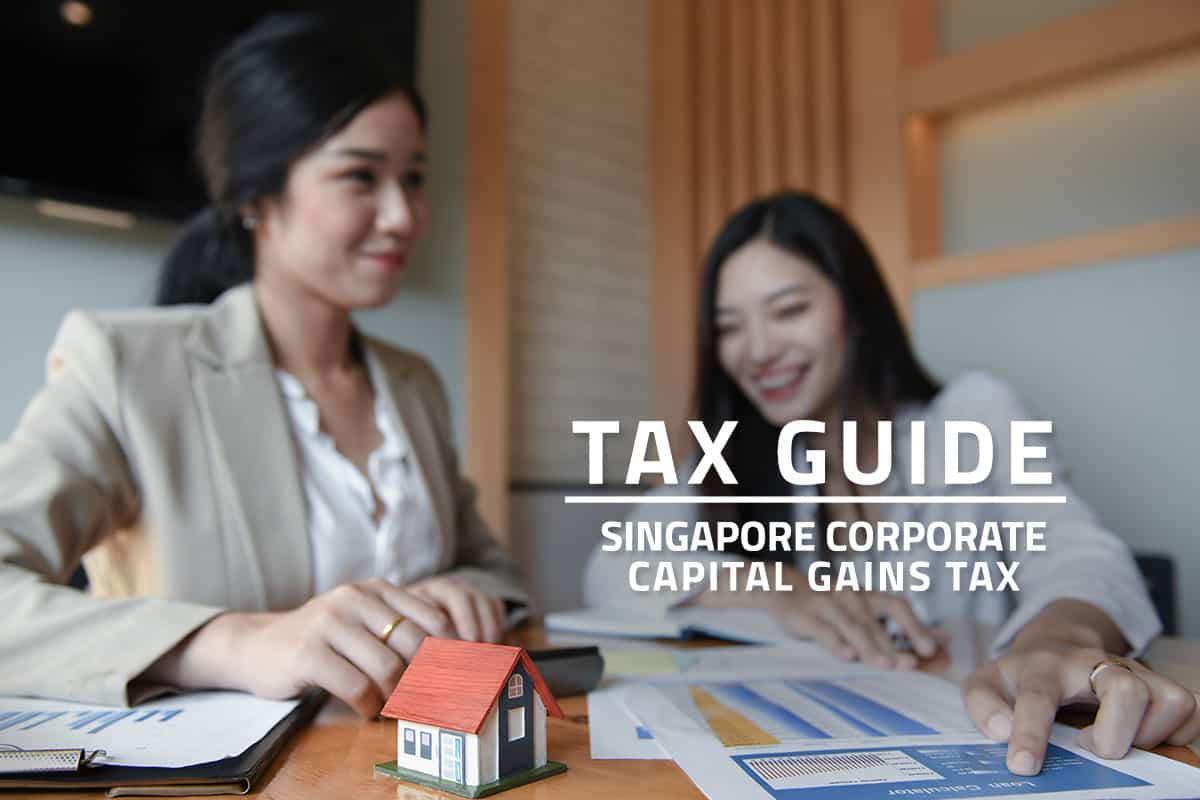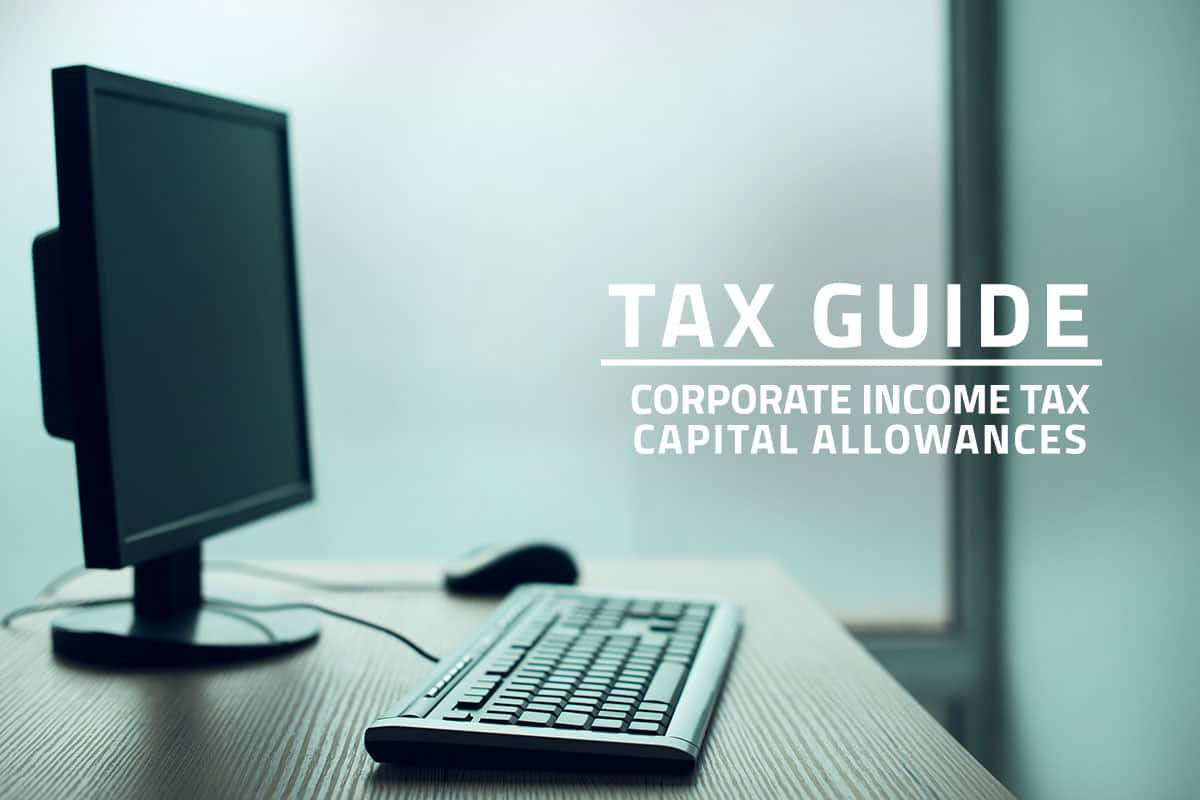Individuals (employees or sole proprietors) and companies are required to file annual income tax returns to the Inland Revenue Authority of Singapore (IRAS). In general, capital gains derived in Singapore are not taxable, hence not required to be declared as income in the tax returns. Singapore’s zero capital gains tax policy has the aim of encouraging more entrepreneurial activity such as setting up businesses and boosting capital investment inflow into the country.
Capital gains can be broadly defined as profit earned from the sale of assets, such as real estate property, shares, bonds, other financial instruments and even intangible assets such as intellectual properties. In simple terms, should you buy shares at a cost of SGD 1,000,000, and sell it with a net total proceeds of SGD 1,200,000 (after accounting for transactions costs), the profit of SGD200,000 represents a capital gain and does not need to be declared in your tax returns as no tax is levied on such gains. These gains derived from the acquisition and disposal of shares or other financial instruments are viewed as personal investments and capital in nature. Insurance policy receipts are also exempt from tax as they are capital receipts.

Capital gains derived from the sale of property may be subject to tax should an individual engage in trading properties for profit. IRAS will determine on a case by case basis whether an individual has engaged in such trading activity, by assessing the frequency and rationale of buying and selling properties as well as the individual’s financial capabilities for holding properties for long term. IRAS will also analyse the holding period as a basis for determining the nature of gains.
From a company’s perspective, capital gains are also not taxable. Examples include gains on the sale of fixed assets such as company’s property, plant and equipment (PPE) as well as foreign exchange gains on capital transactions. Gains derived from the sale of shares in another company is not subject to tax provided two key criteria are met, i.e. having at least 20% shareholding in the investee company and the 20% shareholding is maintained for at least 24 months or longer. IRAS will assess gains on share disposals on a case by case basis for different scenarios.
Gains on the disposal of assets can be treated as income if a company’s business activity is mainly trading in such assets for profit. Other gains are generally classified as capital in nature and not taxable. For instance, if your company sold a factory machine used for inventory production at a gain, the gains are treated as capital in nature and not taxable. Companies that had bought machines and other fixed assets are able to claim capital allowance that is deductible against business income, hence lowering final taxes payable. Accelerated capital allowance may be applied to certain PPE additions and this incentivises companies to invest in such equipment.
Companies or individuals may consult a tax professional should they have issues in distinguishing business income and capital gains. A qualified tax professional can ease your tax filings procedures.
Related Posts
Quick Guide: Singapore Corporate Capital Gains Tax
Singapore Corporate Tax season 2020 is now underway and companies are required to e-file their…
Tax Guide: Singapore Capital Allowances
By law, all Singapore Companies are required to file annual income tax returns to the…
Quick Guide: IAS 20 – Accounting for Government Grants
This year, the COVID-19 crisis has adversely impacted the global economy. Singapore is no exemption,…
Singapore Guide: ISCA FRB 6 – Accounting for Jobs Support Scheme
This year, the COVID-19 pandemic has inevitably adversely impacted the global economy. Singapore companies and…












